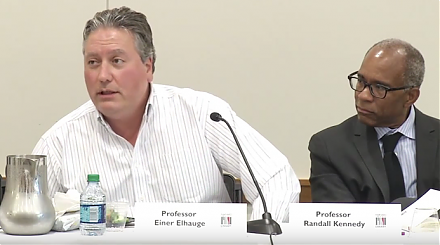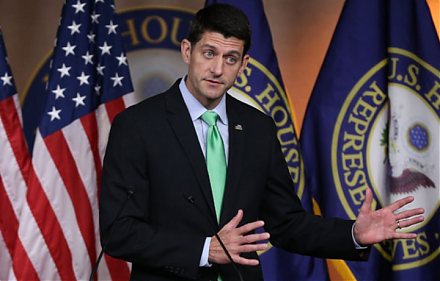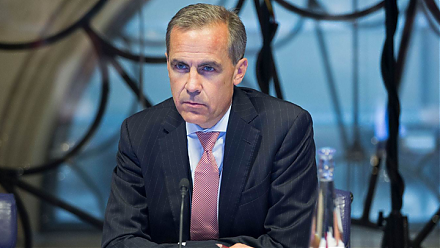

2018-02-15 07:43:00 Thu ET
federal reserve monetary policy treasury dollar employment inflation interest rate exchange rate macrofinance recession systemic risk economic growth central bank fomc greenback forward guidance euro capital global financial cycle credit cycle yield curve
Fed minutes reflect gradual interest rate normalization in response to high inflation risk. FOMC members revise up the economic projections made at the December 2017 committee forum. Many key economists and market watchers expect gradual further hawkish adjustments in U.S. monetary policy. These hawkish adjustments inevitably entail interest rate hikes that help constrain money supply growth near full employment. In effect, these gradual hawkish adjustments help better balance the inexorable and mysterious trade-off between inflation and unemployment.
As Treasury bond yields rise in response to this hawkish monetary policy stance, most major U.S. stock market indices such as Dow Jones, S&P 500, and NASDAQ decline as a result.
Several FOMC members remain cautious about high asset valuation and leverage within Corporate America. Numerous public corporations make productive use of debt and cash stockpiles with generous dividends and share repurchases. Further, excessive cash accumulation, high asset valuation, and incessant corporate debt usage breed financial contagion with minimal impact on real macro variates such as economic output, employment, and capital investment. This recent trend may or may not sustain in the long run. The resultant concern signals bouts of potential financial instability outside the financial system.
If any of our AYA Analytica financial health memos (FHM), blog posts, ebooks, newsletters, and notifications etc, or any other form of online content curation, involves potential copyright concerns, please feel free to contact us at service@ayafintech.network so that we can remove relevant content in response to any such request within a reasonable time frame.
2017-11-27 07:39:00 Monday ET

Is it anti-competitive and illegal for passive indexers and mutual funds to place large stock bets in specific industries with high market concentration? Ha
2017-07-01 08:40:00 Saturday ET

The Economist interviews President Donald Trump and spots the keyword *reciprocity* in many aspects of Trumponomics from trade and taxation to infrastructur
2018-12-23 13:39:00 Sunday ET

The House of Representatives considers a government expenditure bill with border wall finance and therefore sets up a shutdown stalemate with Senate. As fre
2018-11-27 10:37:00 Tuesday ET

Warren Buffett offloads a few stocks from the Berkshire Hathaway portfolio in mid-November 2018. The latest S.E.C. report shows that the Oracle of Omaha sol
2025-04-30 08:27:00 Wednesday ET

The multiple layers of the world cloud Internet help expand what can be made digitally viable from electric vehicles (EV) and virtual reality (VR) headsets
2018-01-01 06:30:00 Monday ET

As former chairman of the British Financial Services Authority and former director of the London School of Economics, Howard Davies shares his ingenious ins